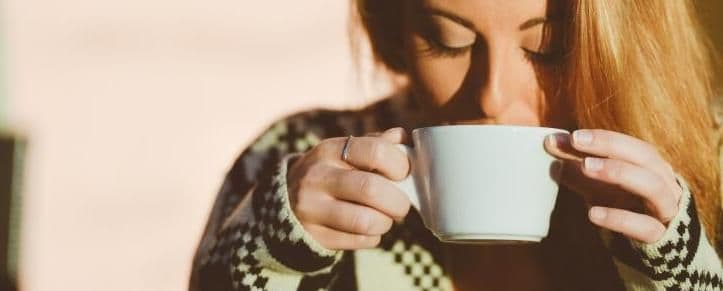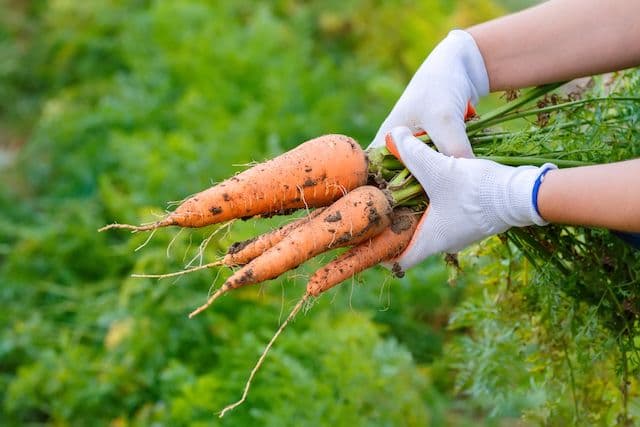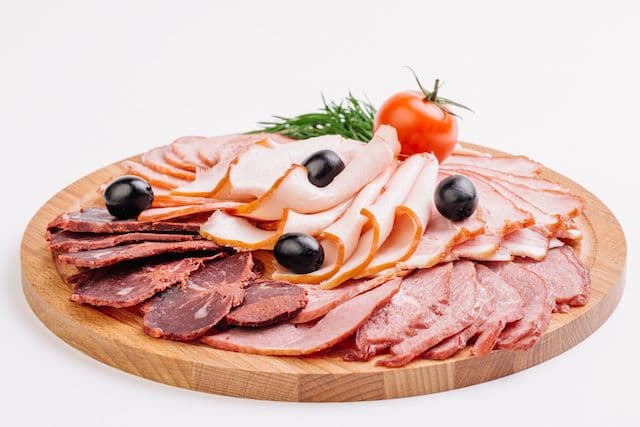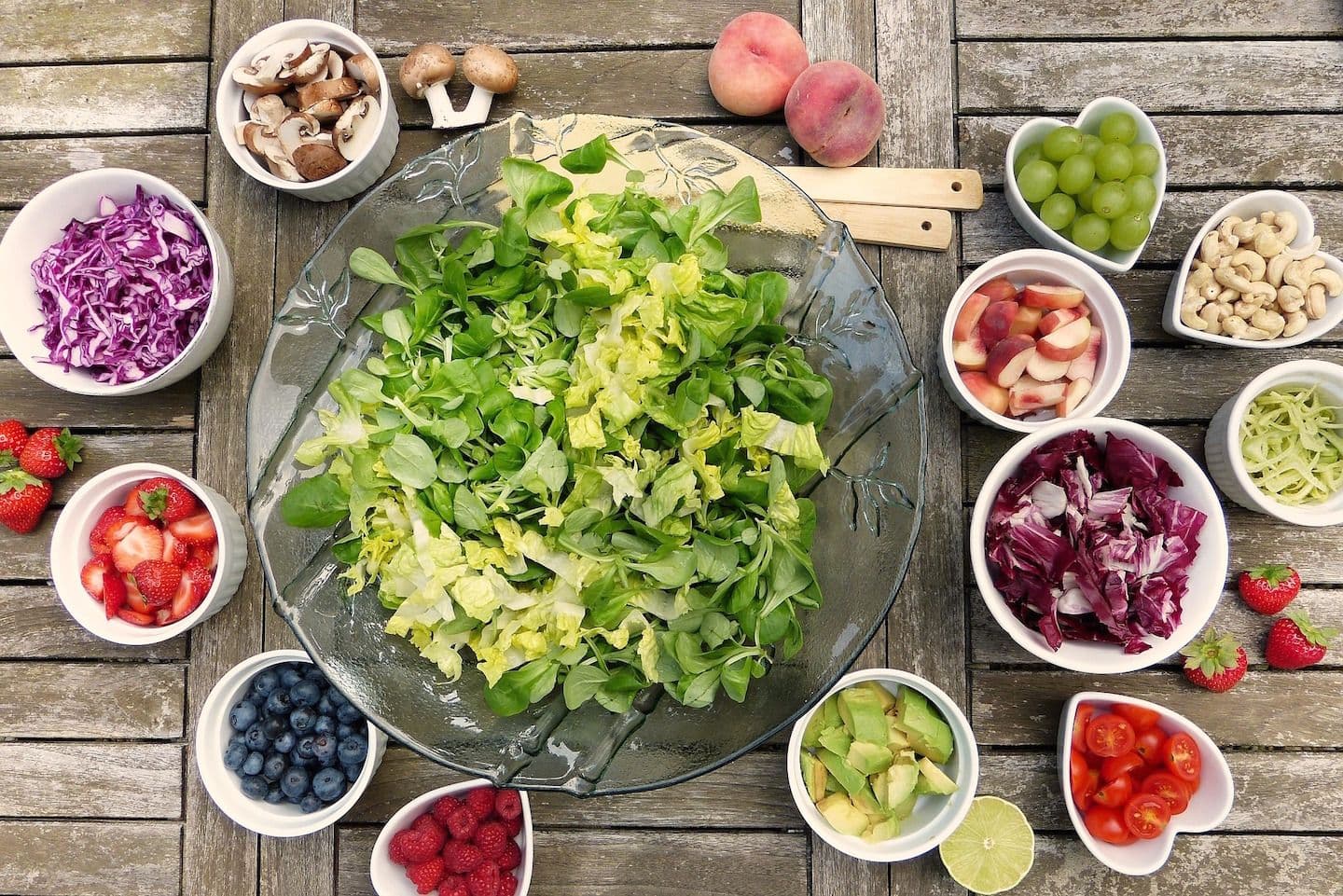Safe Beverages During Pregnancy
Pregnancy Safety
Obie Editorial Team

The best beverage for you and your baby is clean water. Yet drinking water constantly can quickly get boring and leave you wondering just what other drinks are safe to consume during pregnancy and what drinks should be left until after the baby is born.
Water is the best choice during pregnancy
Clean and optimally filtered water is the #1 choice to drink if you are pregnant. The quality of water in public water supply systems is usually regulated by specific state agencies, but filtering it may improve the quality. In most cases, tap water is safe to consume when pregnant. However, if the water is cloudy or has an unusual taste or smell, consider switching to bottled water or installing a water filtration system.
Is it safe to drink from plastic bottles?
Most water bought in stores comes in plastic bottles, but if you have a choice, you should consider buying water from glass bottles. Some plastics contain bisphenol A (BPA). BPA (Bisphenol A) is a chemical used to make a kind of plastic called polycarbonate. BPA is also used to make the linings in almost all canned food and drinks, including cans of liquid infant formula.
There is data showing that even low levels of BPA may be harmful to the normal development of babies and fetuses during pregnancy. Many manufacturers of smaller water bottles claim that their plastic bottles do not contain BPA, and you should always read labels as this may be different from one to the other manufacturer. When possible, choose water from a glass or from a plastic bottle that does not contain this chemical.
How safe is tea during pregnancy?
It's safe to drink tea if you are pregnant as long as you choose kinds with a low caffeine content. Choose commercially-made teas rather than any homemade remedies as the amounts of each ingredient are controlled in commercial tea bags. This is better since homemade or loose-leaf teas that you mix yourself may accidentally contain too much of one ingredient.
Double-check for caffeine content – many but not all herbal teas are caffeine-free, but they’ll usually state this on the label. Many people enjoy herbal tea with a slice of fruit in it, such as lemon, but ensure this is thoroughly washed first, especially the skin. Peppermint and lemon tea are good choices during your pregnancy.
What about green tea?
Most studies show that moderate green tea consumption during pregnancy doesn't have a harmful effect on the baby. However, this drink contains caffeine, so it's worth limiting when possible.
Milk is a good alternative
As long as cow’s milk is pasteurized it is safe for you and your baby. You may want to choose milk that's not too high in fat. You might be concerned about consuming cow’s milk if the cow has been injected with bovine somatotropin (BST). BST is a protein given to cows to increase milk production. This protein is naturally found in cow’s milk even if the cow is not injected with additional BST.
Is coffee safe?
Coffee is safe as long as you do not drink more than 1-2 small cups a day. The overall consensus among medical professionals is that one or two cups of coffee is safe as long as caffeine intake, throughout the entire day, is below 200 mg. Remember, sodas and some foods contain caffeine so your intake may be higher than you think.
Most sodas are not recommended during pregnancy
Diet sodas contain artificial sweeteners; most with very little testing on pregnant women. Animal studies have shown birth defects with high consumption of saccharin, but few diet sodas use saccharin as the primary sweetener. Aspartame and sucralose are more commonly used and both are considered safe in moderation. Both sugared sodas and diet sodas may contain caffeine. Caffeine intake should be limited to less than 200 mg per day.
What drinks to skip when pregnant
There are plenty of good fluids to drink during pregnancy, but some beverages should be skipped until after you have given birth.
- Alcohol: If there is one consensus in the pregnancy community, it is that alcohol is not safe to drink during pregnancy. Alcohol intake during pregnancy has been linked to fetal alcohol syndrome. There are also links to increased stillbirth and miscarriage risk associated with alcohol intake during pregnancy.
- Energy Drinks: That red bull may hit the spot when you are suffering from pregnancy fatigue, but energy drinks are not safe for you are your baby. Excessive amounts of caffeine, sugar, and other supplemental ingredients are packed into energy supplements; few being tested on pregnant women.
Read More












